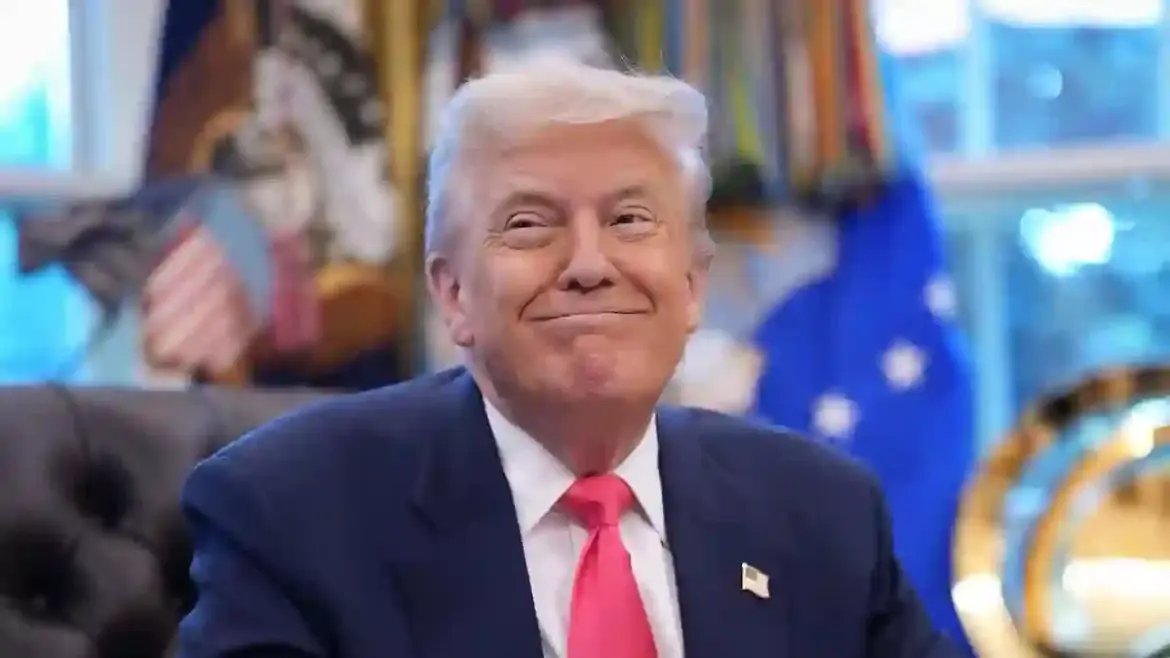Donald Trump has moved quickly to keep his sweeping import tariffs alive, turning to the Supreme Court after an appeals court deemed most of them illegal.
The high-stakes case could determine whether the U.S. collects triple the usual tax revenue from international imports compared to recent years.
Appeals Court Strikes Down Most Tariffs
On Friday, the U.S. Court of Appeals for the Federal Circuit ruled 7-4 that Trump cannot legally use his presidential emergency powers to impose import taxes on goods from nearly every country in the world.
This decision upholds an earlier ruling from a federal trade court in New York issued in May.
Trump reacted strongly on Truth Social, warning, “If these Tariffs ever went away, it would be a total disaster for the Country,” and claiming the decision “would literally destroy the United States of America.”
Tariffs Can Remain Temporarily
Despite striking down most of the tariffs, the appeals court allowed them to remain in place for now.
But the Trump administration isn’t stopping there.
Solicitor General D. John Sauer filed a petition with the Supreme Court late Wednesday, asking the justices to intervene by early November.
Sauer emphasized the urgency in his filing, saying the ruling “casts a pall of uncertainty upon ongoing foreign negotiations” and threatens both previously negotiated deals and ongoing discussions.
“The stakes in this case could not be higher,” he added.
The Financial Stakes Are Huge
The revenue at play is staggering. Between October 2024 and July 2025, the U.S. collected $152 billion in duties and taxes, with $96 billion coming from the period when Trump’s tariffs were in effect from April through July.
Treasury Secretary Scott Bessent projects that if the tariffs remain, revenue could reach $300 billion this year — more than three times the $77 billion collected in Fiscal Year 2024.
Legal Debate Over Presidential Power
The appeals court ruling focused on the 1977 International Emergency Economic Powers Act (IEEPA), with seven judges in the majority stating that it does not allow presidents to override Congress when imposing tariffs.
The four dissenting judges argued the law gives presidents authority to regulate imports during declared emergencies without limitation.
Under the Constitution, Congress holds the power to impose all taxes, including tariffs, though presidents have often exercised this authority.
The Tariffs in Question
The ruling involves two sets of import taxes imposed by Trump under emergency declarations.
The first, announced in February, targeted imports from Canada, China, and Mexico.
The second, unveiled in April during his so-called “Liberation Day” event at the White House, extended tariffs to nearly every other country in the world.
